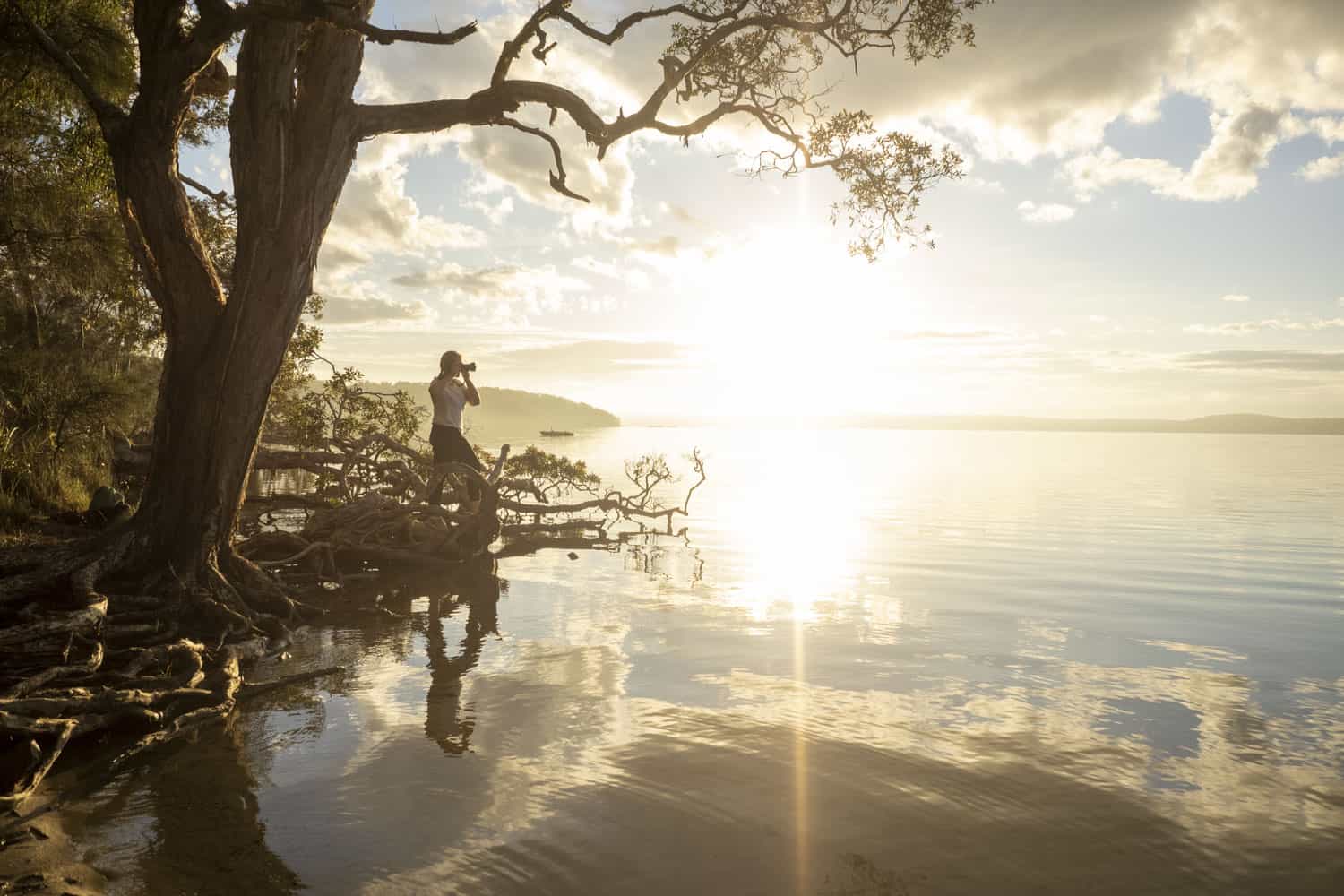
Starting a photography business – What skills you need to become a photographer!
*Written based on my own experiences working in the industry for 17+ years and the skills I’ve needed to acquire along the way. Take whatever tidbits of information you like from it that are relevant to your own journey in photography.
More than 95 million photos are shared daily on Instagram alone. That is A LOT of competition to face as a photographer. It also means the world needs and somewhat thrives off visual content. In that case, do opportunities still exist to carve out a career in the world of photography?
Heck yes they do.
How do you make your work stand out?
What does it take to get discovered?
Is there a course or set career path to take?
Are my photos good enough?
These questions and many more are asked by photographers around the world. Self-doubt and a lack of direction aren’t isolated issues, no matter how much it feels like you’re the only one suffering. They’re actually pretty normal occurrences in a creative industry and can result in zero motivation, burnout and being stuck in a creative rut. However, having a clear game plan and some business skills up your sleeve will help to set you on the right path to having a crack at a career in photography.
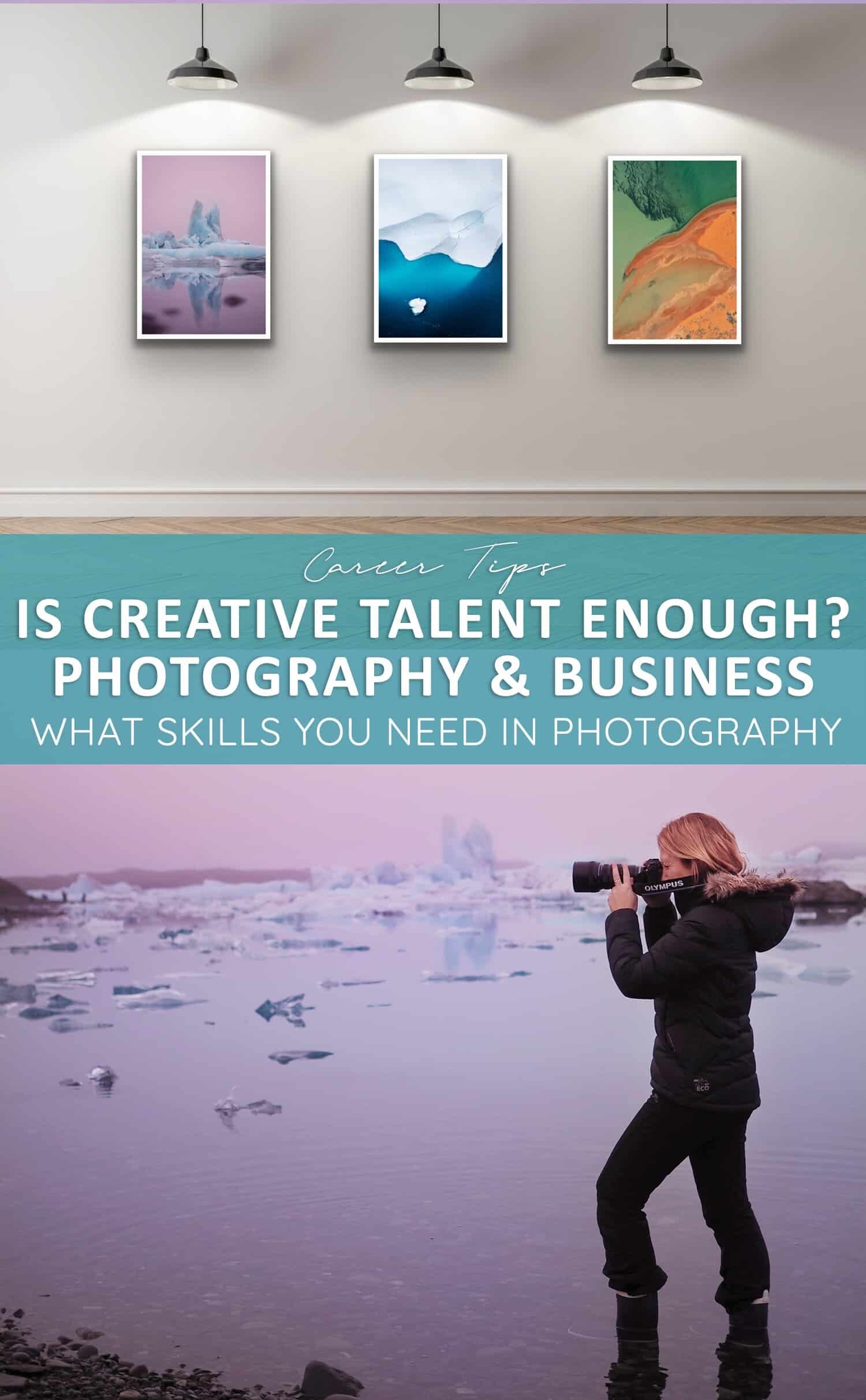
So, what do you need to succeed as a photographer? The answer, more than you may think, BUT, it’s all achievable.
Photography alone as a skill will only get you so far. Some people have a natural talent, can pick up a camera and create magic immediately whereas others need to focus a little harder to develop those sparkles which isn’t a reason to give up! Whichever end you fall on the image wizardry scale simply means you need to work harder on developing the other skills required to work as a full-time photographer.
Just like any other job, being a photographer isn’t just about the sole motion of clicking the shutter button or being an editing genius. There’s preparation, research, investment, insurance, finding clients, pitching, file storage, maintenance, invoicing, marketing, accounting and so much more. That said, it’s also not as stressful as say, working in the medical industry (my hat goes off to anyone in this profession!), it’s a creative gig so being relaxed enough to think clearly and skilled up to ensure your ideas can translate into real work is the way forward.
Let’s take a look at those questions above and answer each one individually –
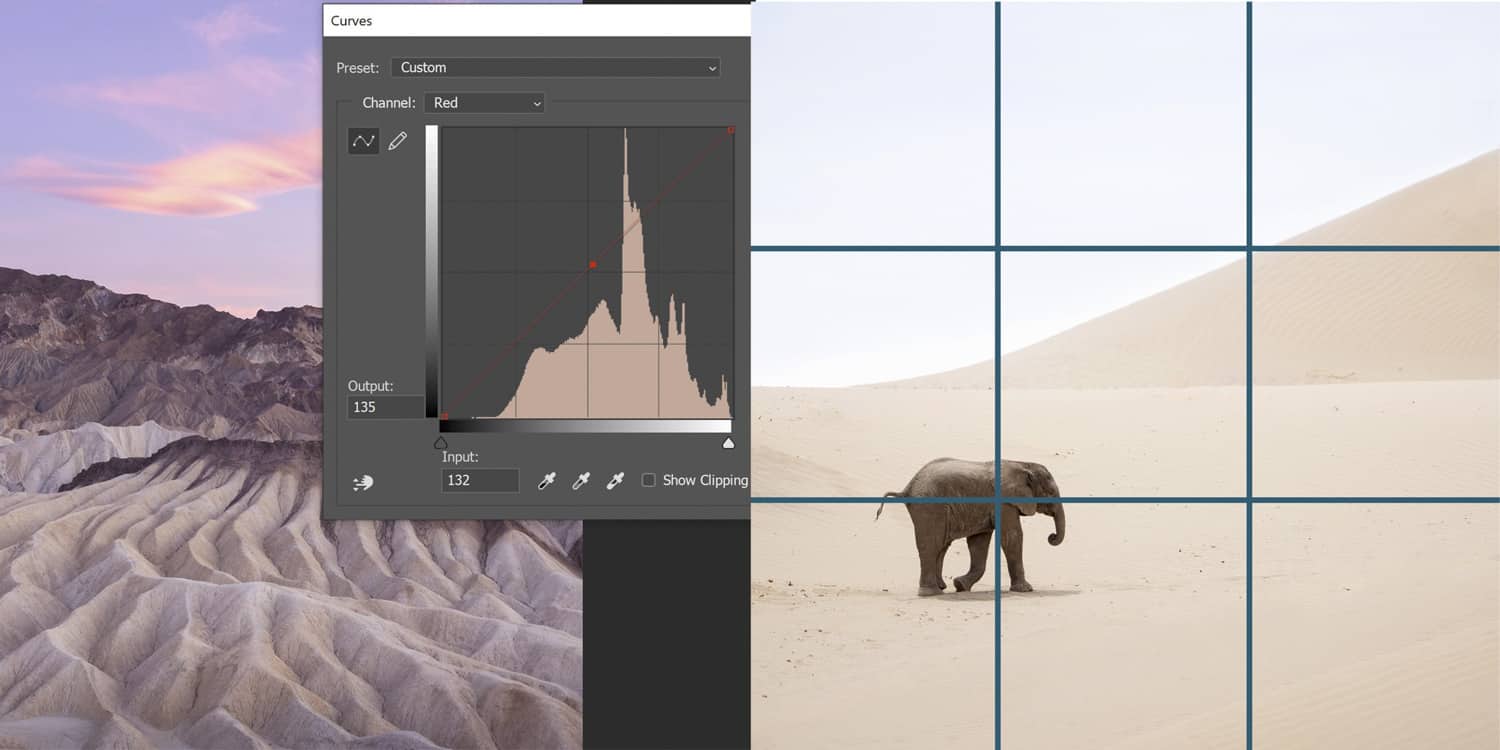
How do you make your work stand out?
I’ve written about this topic before here, ‘How to Stand Out as a Photographer Today’, because it’s a continually changing answer as both technology and the industry evolve. Currently, there’s social media, which for a lot of people is at least getting eyes on their work but I strongly believe you can also have a successful career without it, you just need to be a little crafty.
Generating a unique business plan specific to the images you want to take can in turn make your work stand out. Do you want to stand out to the entire world or just relevant clients? The answer here will determine where you start planning.
If you’re hoping to catch the eye of relevant clients it’s about developing a way to do this. Should you print some promotional booklets and use the snail mail approach so they land on their desk? Perhaps a simple email to the right people with a link to your portfolio will be enough. First though you’ll need to construct a list of who you want to work with, what type of photography you want to produce then get going on creating a portfolio that fits that niche and start focusing on standing out in this field.
Standing out is more about having a unique eye and idea than being popular. Those who can develop creative business strategies with their work, whether that’s developing a cool product, photo tours, selling presets, online courses, whatever it is, try to get ahead of what other photographers are already doing. Speaking of online courses, if you’re serious about working as a photographer and getting your images up to professional standard, I’ve got The Creative Photography Course available as a self-study on demand course here.
Creative Courses + Resources for Photographers: If you’re interested in discovering your creative vision and building a portfolio with the aim of finding work as a photographer, The Wandering Lens now offers self-study courses, eBooks and Workbook Bundles. The online courses and downloadable workbooks can be accessed at any time, from anywhere in the world – it’s about creating accessible resources to help you in your photography career. The bring together over 17+years of experience and lessons from working in the industry. I want to see others share their talents and get published, sell prints, find clients – to have the confidence to achieve whatever it is you want to within the field of photography.
Having the most likes or followers on social media doesn’t necessarily equate to success, PLEASE remember this!

What does it take to get discovered as a photographer?
Call me boring but I like to think hard work pays off. Now more than ever, it can be a misconception to think if you capture the single best photo at a location that surely it’ll get noticed. Unfortunately, that’s not the case.
Getting your work seen or discovered has about as much to do with your business plan, marketing and research as it does with your photography. You can be a great photographer but if you don’t know how to network, develop commercial relationships, find clients or work to a brief, things might become a little tricky.
The whole ‘being in the right place at the right time’ phrase fits in pretty perfectly here but it’s less about the luck of it and more about the planning that got you to that ‘place’. Personally, I’m quite shy when it comes to networking so spend a lot of time researching if an event or meeting will really be worth it. Not because I’m a snob and consider my time valuable, but because I tend to get nervous when speaking publicly so want to know I’m not stressing over something that’s going to be a waste of energy. If I’m about to be discovered by a new client or contact, I want to be prepared!

Of course there are the moments of viral magic when someone’s photo gets shared a million times, where you may get a call about a cover photo because an editor saw it and thinks it’s ‘the one’, or you might get a print order to fill the walls of a hotel. I wouldn’t call this getting discovered though, these, in my opinion are examples of lucky breaks and may not result in longevity within the industry.
Whatever steps you put into place towards being ‘discovered’, always ensure you’re ready with a professional website and portfolio. When that dream client comes knocking on your door, you want to be able to flick them a link and wow them with your work.
Read more – How to Create a Professional Photography Website with Wix

Is there a photography degree or set career path to take?
Each year I get a lot of high school graduates write and ask what course or degree I would recommend in order to become a travel photographer. My answer is always the same…a degree in business or marketing. That’s IF you want to study at college or university. It’s not the only path to take by a long shot.
I studied a Bachelor of Communications, majoring in Journalism and while this helped me develop skills in writing, pitching, media law and working with editors, I always wonder what I could’ve achieved had I added a business element to the degree. Education though is such a personal thing and I believe everyone takes something different away from their learning experience whether that’s contacts, skills, confidence or an entirely new career direction. You can read more about my career path here or ‘How my Career + Gear Evolved as a Photographer‘.
Because photography is a creative career I tell a lot of the students I mentor that if you can’t afford a degree that’s TOTALLY FINE. Instead, watch YouTube videos, play on Photoshop until you can master some new skills, learn how to do your own accounting, create PDF’s to showcase your work and approach new clients. There are so many things you can do to give your career a boost that will not only be beneficial in the short term, but the long term too and that’s what’s important!

Photo by Taryn Elliott from Pexels.
Learning the skills required to be successful as a professional photographer doesn’t have to be via an expensive degree. You can learn these skills in the real world by taking short courses in the skills you need to acquire, places like TAFE colleges in Australia are great for that! Alternatively, do what I did and jump in feet first, learning on the go…I wouldn’t completely recommend it in hindsight but maybe it made me think/learn faster!?
The creative side of photography is something you can develop yourself, while you can study a degree in photography, I’ve found throughout my career, it’s the business and marketing skills that propelled my career or helped me generate new concepts or strategies to grow my photography business. The photographic industry changes so quickly that you’ll need to adapt and grow throughout your career anyway so developing your creative skills and rejigging your business plan as you progress is essential.
Changing your approach to photography and developing a unique career path is what I cover in the Creative Photography Course, for those keen to explore a freelance career, the new Freelance Travel Photography Course is an intensive, self-paced program that guides you through the process of getting published and gaining clients in the tourism industry.
I’d like to go out on a limb and state that almost every single photographer’s career has been different in one way or another. As far as I know, there is no set path or direct line to success, it’s unique to each individual photographer which I guess is what makes the topic of business and photography so exciting…at least I think so anyway!
Throughout your career you may also find yourself working within different areas of photography. I’ve moved from travel to weddings then landscapes, back to destination weddings then luxury resort photography, marketing portfolios and again back to travel and landscapes. You’ll find my commercial portfolio available to view here.

Are my photos good enough?
This is where a lot of photographers get stuck. I can tell you that a lot of people working in the industry aren’t necessarily the most creative or skilled photographers but they are GREAT at business or marketing and that’s where they succeed.
Others are super talented (there are some crazy talented people out there!) but lack the skills to create a business around their work. Either way, if you can produce work that is professional and fits what your client needs, then you’re good enough.
If you think your photos aren’t good enough and need to improve your photography, simply getting more familiar with your camera and physically spending time taking photos is a great way to get better. You may still be struggling with editing images, perhaps the buttons on the camera are still pretty scary (we’ve all been there!) or you just don’t know what to focus on…all of this is okay and takes time to learn. Read through my series ‘Setting the Scene’ for some quick tips on improving your photography!
Fancy textbooks will only tell you so much, you need to begin developing a unique style, seek out a creative vision of your own and then use this to create your own path within the industry. Start by writing lists of what you want to capture, look through work that inspires you, do test shoots and try to get comfortable with your camera.

The Business of Photography
When I signed a contract way back in 2009 to purchase an existing gallery, I quickly (deep end diving) learnt I needed to know far more than just how to operate my camera. The business side of being a photographer is something a lot of people, myself included back then, forget about but it’s part of the job that can help make or break you.
Investing in obtaining knowledge about accounting practices, how to run a business, marketing and also dealing with clients in a professional way, I believe is essential in setting the groundwork for a solid photography career.
Call me naïve but all I could think about back in 2009 was having my photos printed and hung on the gallery wall. My mind was filled with the possibilities of people waltzing in and buying a print but in reality, there was so much work involved in getting to that point. People needed to know I existed for one, then there’s developing a portfolio, an interior design for the gallery, sourcing quality prints, frames, getting the word out and even having a cash register…something I never even thought of (yikes, I know)!
On a smaller scale, moving your career from an impressive Instagram account to a business that generates profit can be tricky so investing in skills like design, marketing and business will really help you out.

A flashback to 2012, I’d been in business for 3 years and was loving it!
Some examples where business experience is helpful –
#1 – If a magazine sends through a contract to use one of your images, you need the professional knowledge to respond in the best way so you not only get paid on time, but can draw up (or read) a contract to control usage rights and develop a relationship with that client leading to future work. You should have a professional email address set up (ie. don’t write from lisa@hotmail.com, instead use for example lisa@lisamicheleburns.com), perhaps have a smart signature and always ensure your email is set out like a professional letter. That may be a bit old school of me but especially for a new commercial client, I will always respond formally.
#2 – When photographing a portrait, it’s easy to start out charging $50 and thinking you aren’t good enough so give your clients 100 edited photos for this price. With a bit of upselling and editing skills you could charge $50 for the session (your time) alone then have additional packages available for your client to purchase edited high-resolution files and prints.
#3 – A global pandemic hits (surprise!) and suddenly your clients cancel the jobs you had lined up for the next few months. Ahh. It’s ‘curl up in a ball’ type stuff but as we all saw, it just happened and a lot of photographers found themselves out of work and needing to adjust, quickly. In business, adjusting to the situation is crucial to surviving and I’ve seen a lot of photographers changing up how they work to try and weave a path through this tricky time. ‘Porchraits’ became a thing, with some savvy photographers photographing people on their front porch during lockdown; others created eBooks for online learning while some moved on to creating videos on Youtube, selling prints and products or even transitioning into new fields within the industry.
Adapting as a photographer is something you’ll need to get acquainted with throughout your career as the industry is constantly shifting in one way or another. It’s what keeps it interesting, exciting and helps to inspire new ideas and creative pursuits with your camera.
I hope this article, even if I was rambling at times, is helpful in some way and that it motivates you to explore the other skills needed to succeed as a professional photographer.
Good luck!

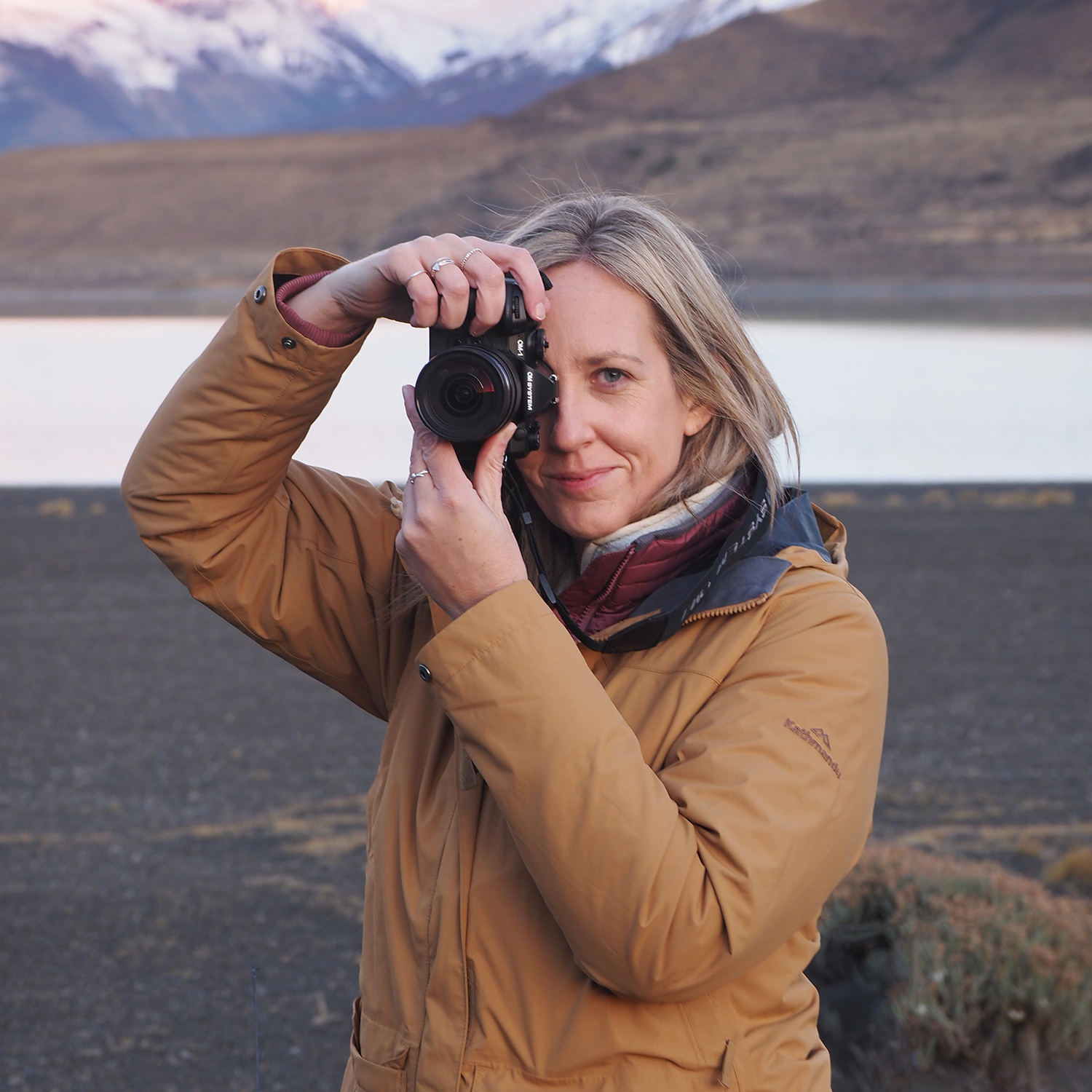
Hello! I’m the founder and photographer behind The Wandering Lens.
With 19+yrs experience as a professional travel and landscape photographer, all advice found on this site is from my personal experience, or that of contributors, on the road. I hope it’s useful for your own travels and would love to hear in the comments about your trips and experiences around the world.


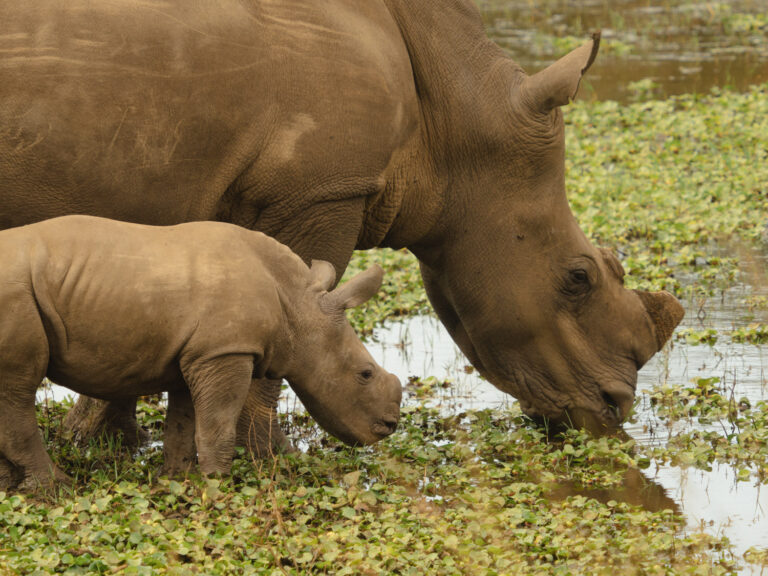


Blog Comments
Rohan Gillett
July 1, 2020 at 11:37 am
I have had a similar experience actually. In 2019 I was lucky enough to land two paid jobs with global companies. Both of them paid really good money. I thought after getting that work more would follow. It never did. The whole thing went to my head.
In retrospect, I either was lucky or just as likely, those companies probably couldn’t get anyone else at short notice? Anyway, it’s been a struggle since. So, I’m probably going through now, what you went through in 2009?
These stories are very important because the topic is so important. Up and coming photographers (or any type of talent, business etc) need to think about these things i.e. what is their next plan? We’re not computers nor have “hive” minds, so we need to be reminded (or told) of others so we don’t go through the same hardships.
Photographer DC
December 8, 2020 at 6:38 pm
Thank you for providing insightful tips that even professionals can take from or humble themselves with!
Vansh Malhotra
December 24, 2020 at 2:28 am
Seriously in love with tips. I will definitely be using these tips in the future.
Jay P.
June 2, 2021 at 12:10 am
Success often isn’t a set line, or even a destination for alot of people…
Sometimes it’s just the journey. Meeting someone who takes more enjoyment out of what they do rather than what they get out of it is rare, but also heartwarming.
Good article!